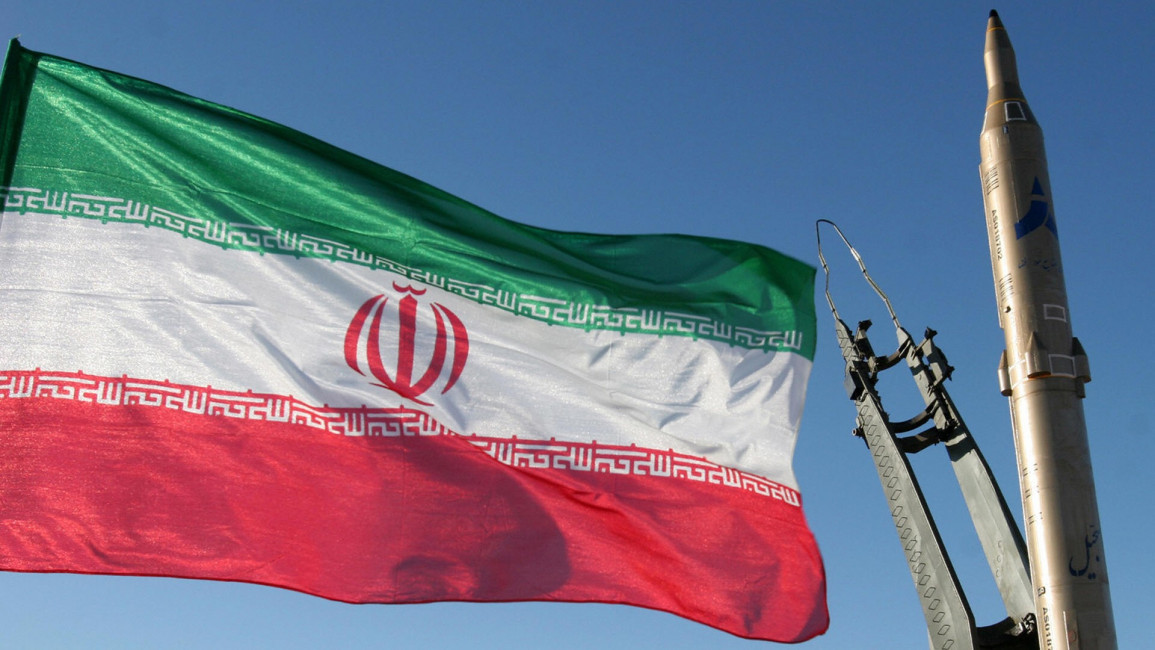Germany wants broader Iran nuclear deal: foreign minister
Germany said Friday that a new broader Iran nuclear accord must be reached to also rein in Tehran's ballistic missile programme, warning that the 2015 deal was no longer enough.
"A form of 'nuclear agreement plus' is needed, which also lies in our interest," German Foreign Minister Heiko Maas, whose country currently holds the EU presidency, told Spiegel magazine in an interview.
"We have clear expectations for Iran: no nuclear weapons, but also no ballistic rocket programme which threatens the whole region. Iran must also play another role in the region."
"We need this accord because we distrust Iran," he added.
The 2015 nuclear deal - known formally as the Joint Comprehensive Plan of Action, or JCPOA - gave Iran relief from sanctions in return for curbs on its nuclear programme.
The European Union and the United States were key signatories in the deal but US President Donald Trump unilaterally withdrew from the accord in 2018 and has reimposed crippling sanctions on Tehran as part of a "maximum pressure" campaign.
President-elect Joe Biden has signalled that Washington could rejoin the deal as a starting point for follow-on negotiations if Iran returned to compliance.
But Iran's Foreign Minister Mohammad Javad Zarif has rejected talk of reopening the 2015 deal, saying on Thursday: "We will not renegotiate a deal which we negotiated."
He added that Western powers should look to their own behaviour before criticising Iran.
He also complained at what he characterised as a lack of European outrage at the assassination of one of Iran's leading nuclear scientists, Mohsen Fakhrizadeh, outside Tehran last week - an attack Tehran has blamed on Israel.
Decades old US-Iranian tensions dramatically escalated after Trump walked out of the deal.
In recent months, alarm has also grown over Iran's regional activities through proxies in Lebanon, Iraq, Syria and Yemen, which the West says destabilises the region.
Follow us on Facebook, Twitter and Instagram to stay connected



